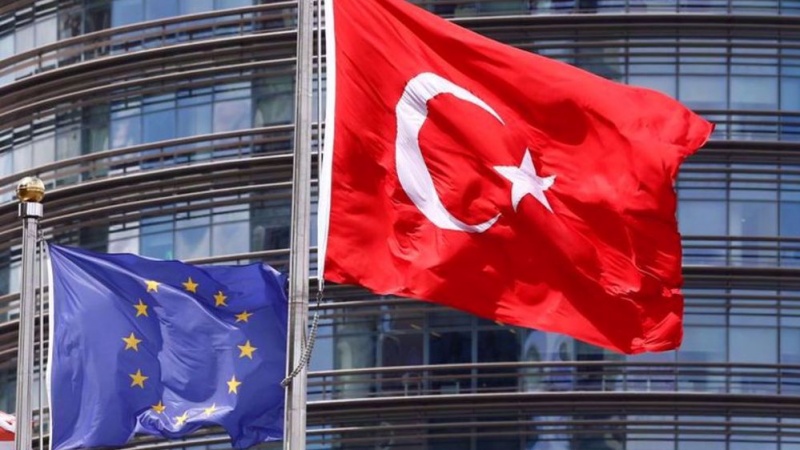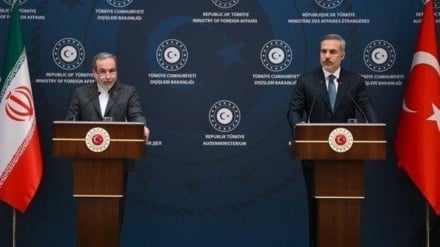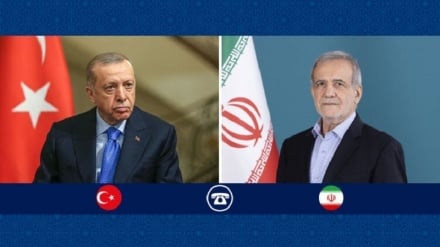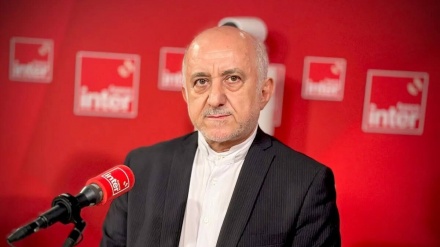Turkey slams EU’s ‘biased and illegal’ approach, sanctions threat
The Turkish foreign ministry has slammed the European Union's approach towards Turkey’s persisting dispute with Greece and Cyprus in the eastern Mediterranean as "biased and illegal," calling on the Western bloc to instead act as an honest broker.
According to media reports, Ankara’s Friday rejection of EU mediation efforts in the dispute came after leaders of the bloc agreed during a summit on Thursday to formulate limited sanctions against Turkish individuals over an energy exploration row with Athens and Nicosia, deferring any harsher steps until March as the countries sparred over how to deal with Turkey.
Calling on the EU to act "with principles, strategically and with reason," the ministry further added in a statement that a proposed conference with all eastern Mediterranean countries would serve as an opportunity to tackle maritime issues in the region, reiterating that Ankara was prepared for talks with Greece without any preconditions.
Turkey insists it is operating in waters on its own continental shelf or areas where Turkish Cypriots have rights. This is while its President Recep Tayyip Erdogan underlined on Wednesday that he was not concerned by any sanctions the EU may decide to impose.
Shying away from its October threat to consider wider economic measures against Turkey, the summit statement by EU leaders paves the way to punish individuals accused of planning or taking part in what the bloc alleges as unauthorized drilling off Cyprus.
The EU asset freezes of yet unidentified Turkish individuals and companies will be in addition to two officials already on a sanctions list set up in November 2019, according to the report.
EU leaders now expect the bloc’s Foreign Policy Chief Josep Borrell to come up with a broad overview of EU’s political, trade and economic ties with Turkey by next March.
That could allow for the EU to either broaden sanctions or offer closer trade relations via an expanded customs union, depending on Ankara’s willingness to help end tensions in the eastern Mediterranean, avoiding further measures, diplomats added as cited in the report.
SS



